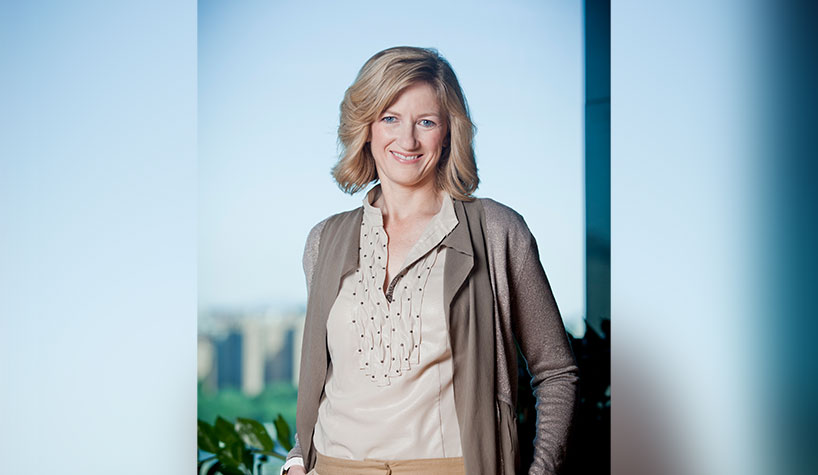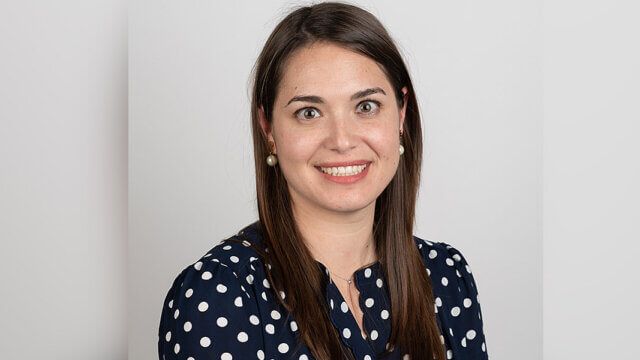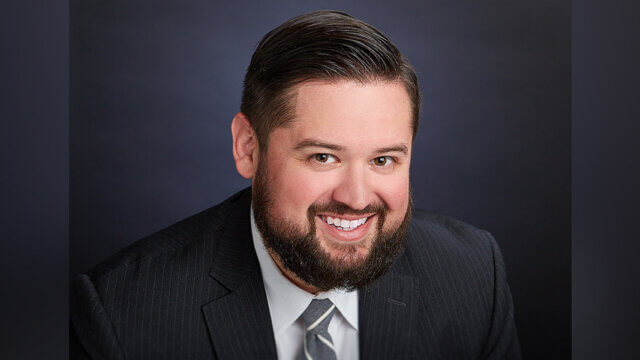By Katherine Grass
As COVID-19 persists, the hospitality sector is facing a set of decisions that were unimaginable as we closed 2019. Some hotels have been placed into immediate hibernation and for the hotels that remain open, there is immense pressure to cut costs and streamline daily operations.
In response to these unprecedented challenges, we have seen businesses from all industries pivot to adopt new models and processes faster than ever before. The hotel sector is no different. Some of the biggest hotel chain groups, the likes of Hilton, Marriott and Hyatt, have already announced drastic measures to navigate the current environment and to keep staff and guests safe.
As we begin to see parts of the world slowly easing restrictions, now is the time for hotels to look at their operations and what will need to be adapted and changed to ensure survival in both the short and long term. Managers need to start thinking now about the strategies that can be implemented across all departments of their hotels to help reduce costs and ensure employee and guest safety, while not compromising on the guest experience. We have outlined the key areas of focus we think will be essential in order for hotels to survive in the ‘new normal.’
Paying close attention to one of the largest expenditures on the P&L
Housekeeping is often the single-largest controllable expense in a hotel operation and the use of technology, together with new procedures, has the potential to reduce labor cost by double digits. Introducing technology, machine learning and AI enables managers to establish time-based cleaning plans to assure post COVID-19 cleaning procedures are being followed and enough time is given to each room attendant. The technology enables managers to monitor progress and easily spot where things may not be working as efficiently.
We expect that in the first months of recovery there will be an oversupply of room attendants while demand is still picking up. Insight and flexibility are key when it comes to judging staffing levels at the early stages, and this may mean you might not be able to bring back some full-time employees until occupancies start to steady. As processes are adapted, new and existing employees will need to be onboarded and require training which can be expensive. Embrace technology to help reduce costs by automating some of these processes and new standards that need to be followed, so that managers can constantly evaluate the effectiveness of new processes.
In a post COVID-19 world, hotels that previously relied on a paper-pencil operation for scheduling and housekeeping will find this hard to justify. It will be more essential than ever that hotels run a lean operation, and the environment of the new world will mean requirements will constantly change and need daily, nearly hourly analysis and monitoring. There are now a number of cloud-based housekeeping technology solutions for hotels to use to ensure they can access the reliable and real-time analytics they will need. Predictive clean-time technology, instant communications among teams and flexible, transparent staff schedules will become the essential tools for managers to run the kind of operations they need to survive in the early stages of recovery.
Integrating new processes and smart management
A key area where there will be inevitable and immediate change is cleaning protocols. In a post COVID-19 world, requirements around cleaning are now much more specific and frequent to assure both employees and guests on hygiene safety. In response to this, it will therefore be prudent to hibernate any room deemed as superfluous for an extensive period of time, which may even involve closing or shutting down multiple floors or sections at a time and opening them only once demand picks up. You can proactively manage preventive cleaning in the hibernating rooms such as dusting and running taps so that you are offsetting the need for a deep-clean when hibernation is finally over.
In the early months, it will be crucial to monitor cleaning times as demand fluctuates. Review your daily arrivals and communicate with your front office so that they allocate all arrivals on quiet days to give housekeeping managers tighter control over cleaning sequences and man hours.
Now is the time to look at what area of your housekeeping process can be reduced. For example, pre-crisis as the world looked to tackle climate change, we saw hotels embrace different options when it came to room cleaning, which was also met with enthusiasm by some guests who preferred less interruptions to their stay. In the post-crisis world, this may become the new normal as daily services such as replenishing towels and changing bed sheets may be deemed as nonessential and either not offered or could be offered only after a certain number of nights or at an additional cost. Reducing stayover cleans in a hotel with an average length of stay of two nights will reduce the daily number of rooms for cleaning by 50%.
Moving forward
It is impossible to know exactly what the future will look like for hotels, but what we do know is that it will be different from what we are used to, and we will have to adapt. These challenging months have shown us how the hospitality industry can come together in support during a crisis, and I believe that by continuing to work together and embracing the tools available, we will be able to define new processes and be better equipped to face the challenges that may lie ahead.
Katherine Grass is CEO of Optii Solutions. With more than 20 years in the IT and travel industry, she is a venture partner for Thayer Ventures, a travel-tech focused venture capital firm with deep ties to the hotel industry and lead investor for Optii Solutions. She has also held senior executive roles within travel technology company Amadeus IT Group, where she worked as a leader in corporate strategy for six years before she went on to found Amadeus Ventures and work as global head of innovation for the organization.
This is a contributed piece to Hotel Business, authored by an industry professional. The thoughts expressed are the perspective of the bylined individual.



